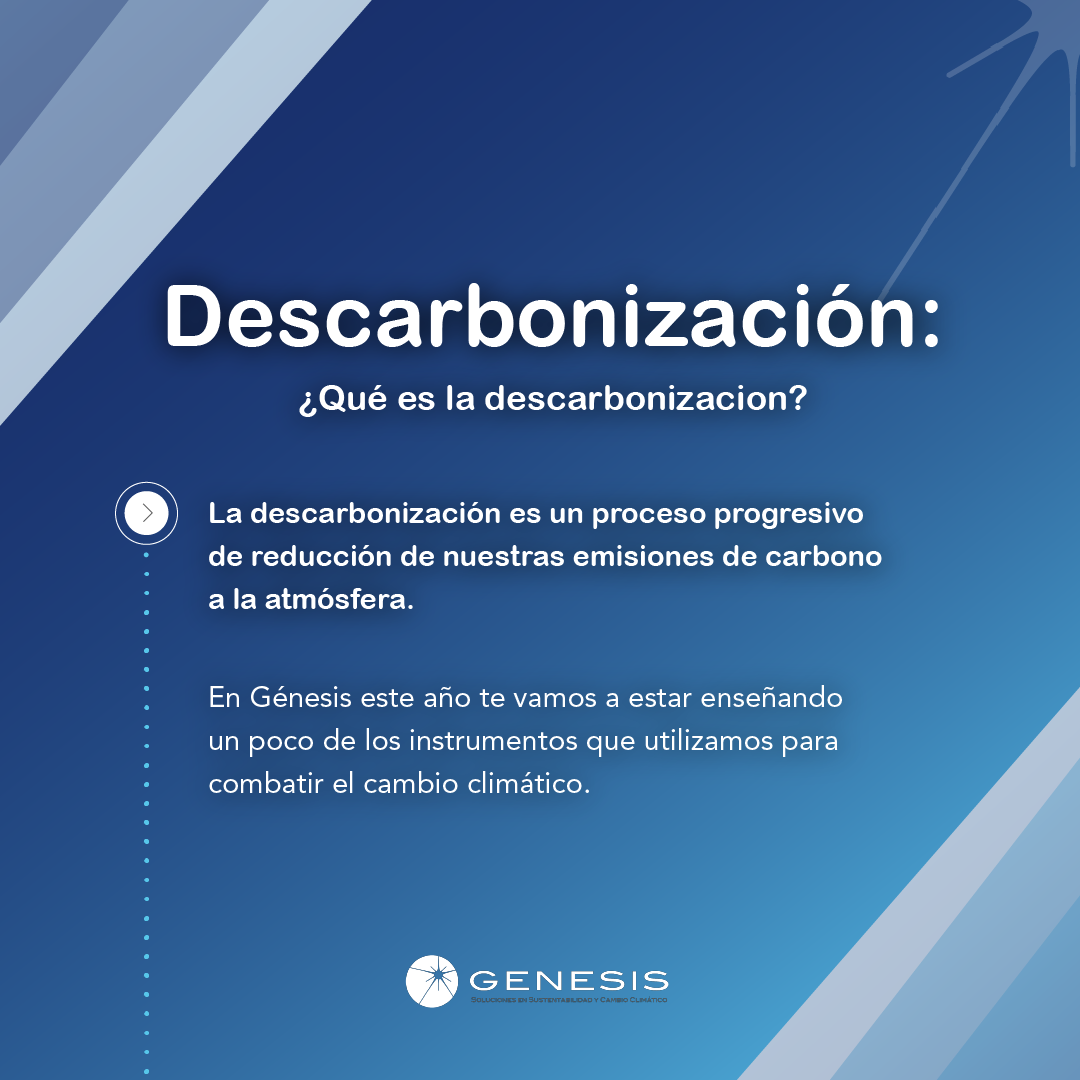After our attendance to the COP28 in Dubai and from the exchanges and conversations with different colleagues in the international carbon market, we saw in Genesis the opportunity to share some of these experiences with our clients.
COP28 has been identified as the first Conference of the Parties in which fossil fuels have been identified as responsible for a large part of CO2 emissions and the need for immediate reduction. This is so and, paradoxically, it happened in the host country of COP28, which is one of the main oil exporters in the world; the United Arab Emirates.
Now, if “The Parties” (signatory countries of the agreement for simplicity) are not obliged to set a binding reduction agenda with the oil and gas operators in their respective States, how will this reduction materialize? The reality is that both the countries and the companies of ANNEX I of the Kyoto Protocol have been doing so with “different intensity”. COP28 is a push towards 2030 for those “more distracted”. It will be increasingly difficult for an oil and gas company to justify environmental management with uncontrolled methane emissions, or that flaring and venting are not measured in its carbon footprint.
On the other hand, attention should also be paid to “barriers to trade” based on the carbon tax, as in the case of the European Union’s CBAM (Carbon Border Adjustment Mechanism). Presented by the European Commission as a “tool to put a fair price on carbon emitted during the production of carbon-intensive goods entering the EU, and to encourage cleaner industrial production in non-EU countries”; the gradual introduction of CBAM is aligned with the phasing out of the allocation of free allowances under the EU Emissions Trading Scheme (ETS) to support the decarbonization of EU industry. In other words, if EU industries pay a carbon tax on their processed products, so will those importing the same products from third countries. It comes into force in 2026 and the transition stage for the adjustment of the mechanism started in October 2023.(1) The industrial sectors affected in the first stage will be iron and steel; aluminum; energy; fertilizers; cement and hydrogen.
Finally, the EU Fossil Fuel Methane Reduction Regulation will establish new rules to reduce methane emissions in the energy sector. In November 2023, the Council and the European Parliament reached a provisional agreement on the Regulation. The text must now be formally approved and adopted by both institutions. The proposal is part of the “Target 55” legislative package, which aims to reduce EU greenhouse gas emissions by at least 55 % by 2030.(2) But what do these new EU rules entail? Among other things;
Measurement and identification and reporting: measurements must be verified by independent verifiers.
Reduction of Emissions: from detection, mandatory repair of leaks and limitation of methane release in power plants, (venting and flaring)
Control of energy imports; implementation of global emission monitoring tools and mandatory tracking of energy import emissions.
In summary, beyond the outcome of COP28, it is perceived that by 2030 the demands of the central countries for the control of CO2e emissions on imported industrial commodities, many of which are produced in Argentina, will intensify. Public policies related to carbon should address this issue.
(1) https://taxation-customs.ec.europa.eu/carbon-border-adjustment-mechanism_en?prefLang=es
(2) https://www.consilium.europa.eu/es/infographics/fit-for-55-cutting-methane-emissions-in-fossil-fuels/
